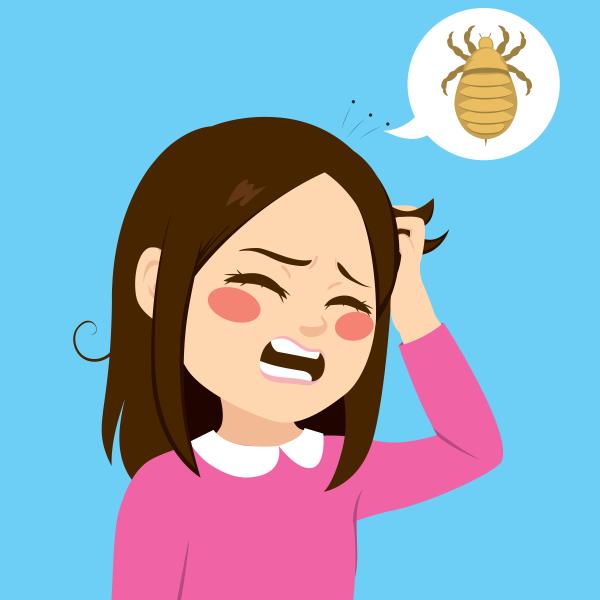Let’s be honest. It is the rare few of us who don’t start empathetic itching when we even read stories about skin mite infestations or head lice, for example, let alone experience them first hand.
According to the Dayton Daily News, things got all too real for 86 hospital employees at Kettering Hospital when spokesperson, Elizabeth Long, confirmed an outbreak of scabies among the staff. The hospital representative maintains the spread can be traced to a patient and the proper precautions are in place to prevent further issues—maintaining no other patients have been affected.
What better time to clarify some misperceptions about scabies and a few other causes of more acute intense itching than the present?! Especially ones that are readily treatable. To read about causes of chronic itching that could signify more substantial underlying disease, read When Itching is a Bigger Deal.
Scabies is a highly contagious tiny skin mite. It burrows under the skin (and lays eggs) often in a linear array causing intense diffuse itching throughout the body. Children routinely demonstrate these patterns at the wrists, ankles, skin folds, and between the digits, in particular. Whereas adults will commonly include findings in the groin or axilla (aka armpits)—sexual activity and the resultant close body contact is a culprit. The bug can spread throughout a household and family as cramped quarters or shared bedding (of an infested person) are possible sources of transmission. Vigorous scratching can introduce a secondary infection.
Traditionally, the mite is spread via protracted exposure to direct, skin-to-skin contact of an infected person. Nursing homes and other crowded conditions of close proximity like prisons or child care facilities—as per the CDC— can serve to accelerate spread. Anyone can contract scabies as it may even be spread before symptoms arise.
The form described in this recent hospital outbreak was stated to be of the crusted variety which tends to afflict those who are profoundly immune suppressed, elderly or bed-ridden due to disabling diseases. This type tends to be spread more easily on more limited exposure being able to contaminate inanimate objects like linens and towels. Aggressive treatment is vital to avoiding outbreaks. (Review scabies in detail here)
Head Lice impacts an estimated 6-12 million children ages 3-11 years old in the United States annually, according to the CDC. Spread is due to head-to-head contact as the lice feed off the blood of the scalp. Live lice or the nits are typically found in the scalp, the nape of the neck and behind the ears being the highest real estate. Like scabies, they can be an even bigger menace at night. Eyelashes and eyebrows are less common locales.
Pin Worms, an intestinal parasite, are another joy of parenting as they tend to impact children—though parents rarely acquire them, household contacts and caregivers are fair game. They are very small, white threadlike worms that prefer to come out of the anus at night and lay their eggs. It is possible for them to linger in bedding, clothing etc.. Common and not particularly virulent—though undesirable—they shouldn't be feared as treatment is swift and typically easy. Reinfection not unlikely. Intense perianal itching is a suspicious sign. The route of spread is fecal-oral, so proper hand washing is key for avoiding these and many infections. For instance, someone can ingest pinworm eggs by unwittingly putting them in their mouth or through contaminated items.
Bites from mosquitoes can be another source of itching. Your body tends to release histamine at the site of the offending agent, hence, why we itch. This is more pronounced in some people than others. Scratching, like in all similar itching conditions, can introduce further infection. Ticks prefer to ascend and are attracted to hairy, moist locations—like the genitals or groin, axilla, and scalp. They can also spread disease, so discussing any and all bite forms with your doctor is always advisable for prevention purposes and the avoidance of further complication.
In conclusion…
The take home message: If you are restless—especially at night, itching or discover any bites, a discussion with and potential evaluation by your doctor is always the safest bet.
Sweet dreams! Don't let the bed bugs bite. Will get into those another time, I think you have endured enough.




